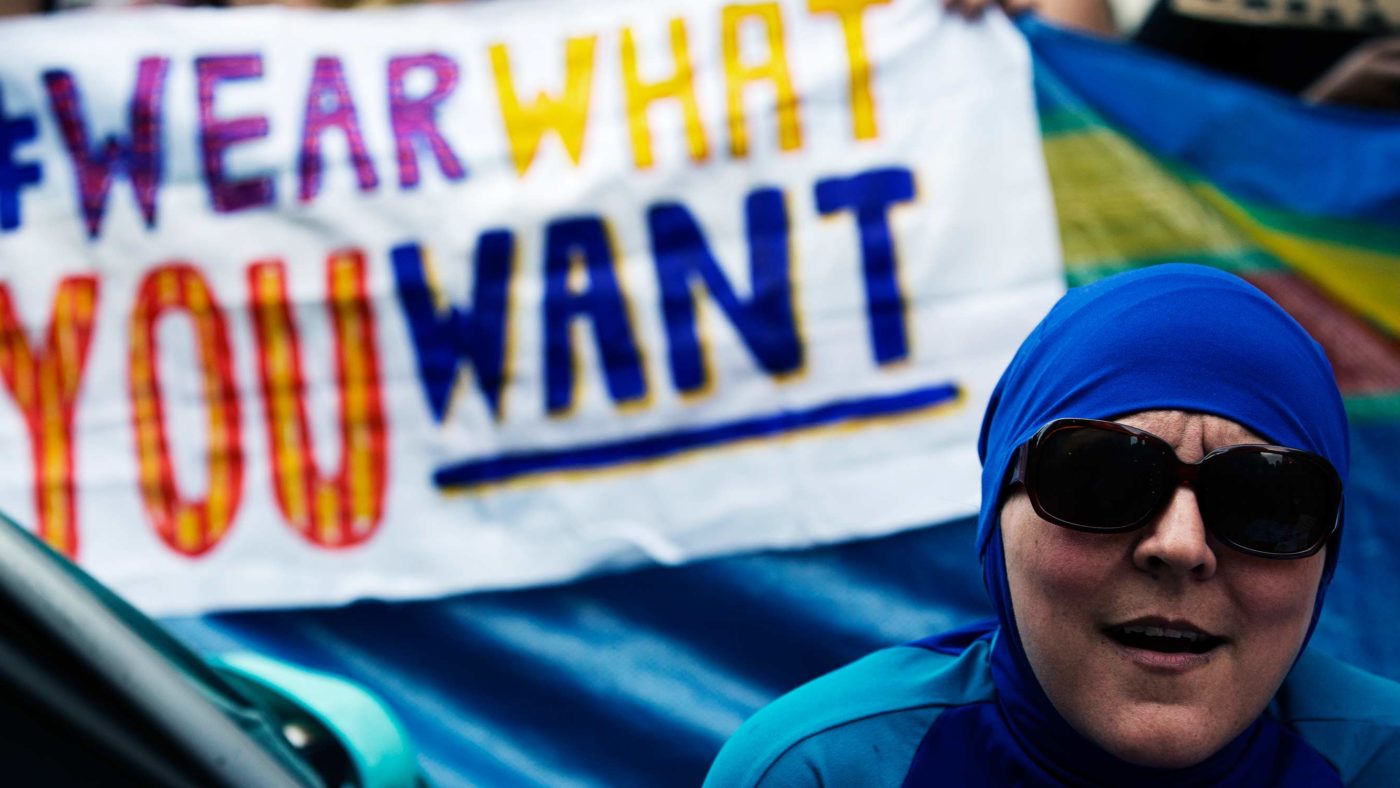This is the weekly newsletter from CapX. To receive it by email every Friday, along with a short daily email of our top five stories, please subscribe here.
In a week that has seen 267 dead in an earthquake in Italy, we in Britain should be thankful that our biggest news story has revolved around a picture of a politician sitting on the floor of a train.
There are so many facets to this tale that, whatever your political affiliation, you will find something titillating and worthwhile about the video of Labour leader Jeremy Corbyn’s train journey from London to Newcastle. Hard-left socialists will commit to Corbyn’s conviction that privatisation of the railways has resulted in packed trains that force commuters to sit on the floor. Free marketeers and fans of British enterprise will be reassured by the photos released by Virgin Trains that show Corbyn walking past empty seats and imply the entire incident was staged. Corbynistas will have their views about the bias of the “mainstream media” confirmed by the negative attention #traingate has brought upon the head of their esteemed leader. And political pundits have spent all week rejoicing at the chance to analyse the Labour leader’s shambolic PR operation from every angle, culminating with Times columnist Philip Collins comparing Corbyn to Harry Potter.
We are British, and we love a good political scandal, especially one that involves something as mundane and integral to our economy as the transport system. On one level, #traingate is very much a storm in a teacup, a saga that has been allowed to gain momentum (no pun intended) only because the news recently has been so slow. But on another, it is a perfect microcosm of the current political climate: a 1970s-style regression to the ideological poles concerning privatisation and nationalisation, a media cycle dependent on snapped photos and real-time analysis, growing frustration about the transport network in the age of extended commutes, all crystallising around Britain’s hapless Labour leader who cannot even stage a properly executed photo op. If there has been one single moment since Corbyn was elected leader that perfectly sums up the tensions and contradictions of his year in office, this is it.
This week on CapX, David Waywell covered the “cult of helpfulness”, the ubiquity of computerised voices offering blindingly obvious safety announcements on repeat, especially on British public transport. The pervasive warnings to “mind the gap” and reminders about how to travel safely on an escalator encourage a state of unthinking obedience, and perhaps they are partly to blame for Corbyn and his team assuming they could get away with such an easily-uncovered lie. Or maybe they were just desperate for the perfect photo op, as Donald Trump seemed to be when he invited UKIP leader Nigel Farage to share the stage with him at a campaign rally on Wednesday. As with Corbyn’s train image, the “Farump” picture has resonated because it confirms a similarity that has long been hinted at: two populist leaders who have risen to prominence thanks to their say-it-like-it-is antagonism against the political establishment, larger than life with the ability to fire up vast swathes of the formerly apathetic electorate.
But, of course, neither Corbyn on the train nor Trump embracing Farage have received as much attention as the photo of a woman forced by police to strip on a beach in France for the crime of wearing a burkini. This clash between radical Islam, feminism, multi-culturalism, state control and personal liberty has garnered international outrage, forcing even the notoriously “Islamosceptic” Daily Mail to acknowledge that literally policing women for their choice of clothing is an attack on freedom. Yesterday, former French president and current presidential hopeful Nicolas Sarkozy called for a full “burkini ban” across the whole of France. But just hours ago, France’s highest court suspended the ban imposed in one seaside town, saying it “seriously and clearly illegally breached fundamental freedoms”. Throughout all the controversy, every think-piece and newsflash has been illustrated by a humiliated French beachgoer removing her clothes under duress.
That pictures have power is nothing new. But these three examples – a scruffy politician sitting on the floor of a train, two controversial populists from across the Atlantic joining forces, and a Muslim woman having her personal freedom stripped away – have set the tone for this week. If the news has been slower than usual, it has given us the chance to take a break from constant twitter updates and media alerts, and focus on the images at the centre of the story.


